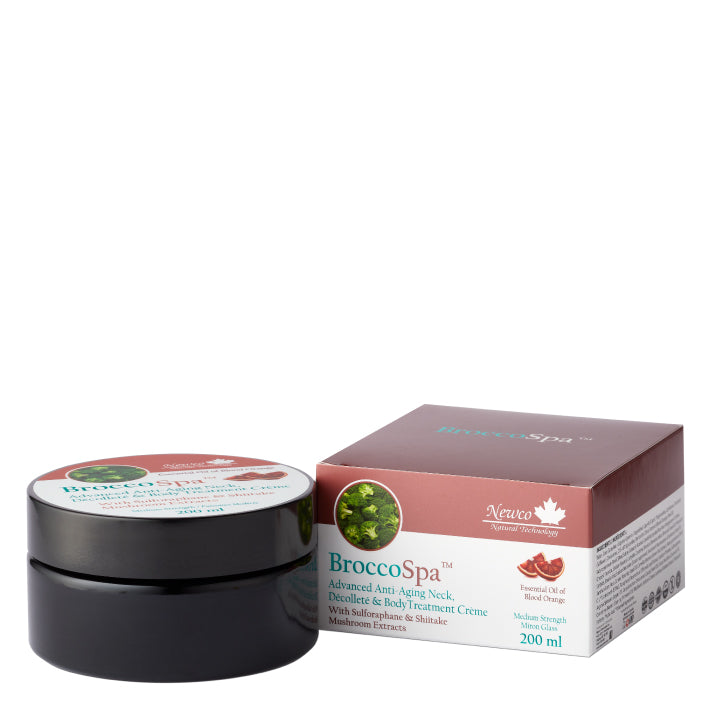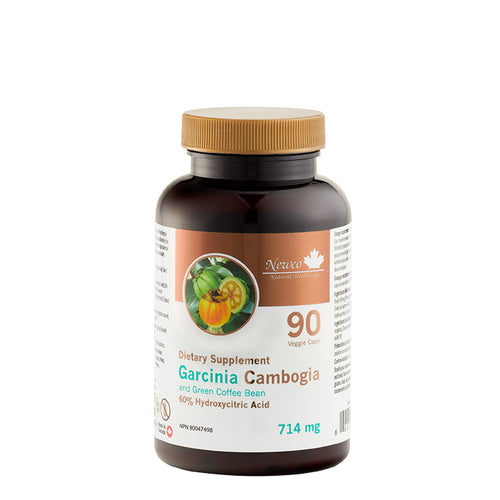When focus slips, motivation fades, and mental energy runs low, it is easy to blame stress or lack of sleep. But often the real reason runs deeper, right down to the health of your cells.
Your brain is your most energy hungry organ. It burns through nutrients, oxygen, and glucose faster than any other part of the body. When your cells cannot keep up with that demand, mental clarity begins to fade. You may notice brain fog, forgetfulness, or a general feeling of being mentally tired even after a full night’s rest.
The good news is that research in nutrition and cellular biology is uncovering how certain plant compounds can help your body maintain focus and balance naturally. One of the most powerful of these compounds is found in something very small: a three day old broccoli sprout.
What Is Sulforaphane
Broccoli sprouts are young plants that contain a natural compound called sulforaphane. It forms when the sprout is chewed, blended, or digested. Sulforaphane helps activate a group of protective genes in the body known as the Nrf2 pathway.
Think of the Nrf2 pathway as your body’s internal clean up crew. When it is active, it signals your cells to produce antioxidant and detoxifying enzymes that protect against daily stress. This includes free radicals created by air pollution, poor diet, or even too much screen time.
Over time, these stressors can damage the brain’s mitochondria, which are the tiny powerhouses that produce energy for thought, focus, and mood regulation. Supporting the Nrf2 pathway through foods rich in sulforaphane may help your body defend itself and perform more efficiently.
How Oxidative Stress Affects the Brain
Oxidative stress happens when there are more free radicals than antioxidants available to neutralize them. Free radicals are unstable molecules that can damage cells and slow the processes that keep your brain sharp.
When this balance tips, you might notice it in subtle ways. Concentration becomes harder, you lose motivation more quickly, and your ability to process information slows down. This is not only an issue of aging but of lifestyle. The good news is that diet can play a major role in protecting the brain.
Cruciferous vegetables such as broccoli, kale, and Brussels sprouts are natural sources of sulforaphane. Regular intake of these vegetables has been linked in studies to improved antioxidant capacity and reduced markers of inflammation.
The Challenge of Getting Enough
The highest levels of sulforaphane are found in three day old broccoli sprouts. But growing, juicing, or eating large amounts of raw sprouts is not easy or convenient for most people. Even with a healthy diet, few people reach the level of concentration used in research studies.
This is where innovation has made a difference. Some companies, including Newco Natural, have found ways to preserve the benefits of broccoli sprouts in a stable form that is easy to consume.
A Modern Way to Add Sprouts to Your Routine
BroccoGummies™ combine concentrated broccoli sprout powder with natural haskap berry and fruit extracts. The blend provides sulforaphane precursors along with antioxidants from berries, which complement each other in supporting cellular health.
Each gummy provides the nutritional equivalent of a significant amount of fresh sprouts. They are vegan, made with date sugar instead of refined sweeteners, and contain fiber that supports digestion.
The purpose is not to replace vegetables but to make it easier to get consistent support for the body’s natural defense systems.
Building a Brain Healthy Lifestyle
Adding sulforaphane to your diet is just one piece of the puzzle. Brain clarity comes from a full lifestyle approach. Here are a few evidence based habits that pair well with nutrient support:
1. Prioritize Sleep
Quality sleep allows the brain to clear out metabolic waste and reset neurotransmitters. Even one week of poor rest can impact focus and decision making.
2. Move Daily
Physical activity increases blood flow to the brain and promotes the release of growth factors that support new neural connections.
3. Eat the Rainbow
A variety of colorful fruits and vegetables provide a range of antioxidants that work together to reduce oxidative stress.
4. Stay Hydrated
Even mild dehydration can affect concentration and short term memory. Aim for consistent water intake throughout the day.
5. Practice Mindful Breaks
Too much screen time floods the brain with stimuli. Taking regular breaks resets your mental rhythm and helps you regain clarity.
Small Habits, Big Change
When you give your body the right nutrients and conditions, it knows how to restore balance on its own. Consistent intake of cruciferous compounds like sulforaphane helps your cells handle stress more efficiently, which may translate into better energy, mood, and focus over time.
For those who struggle to eat enough sprouts or prefer an easier way to stay consistent, BroccoGummies™ offer a simple addition to your routine. They deliver the same active compounds found in fresh broccoli sprouts, in a format that is easy to take every day.
You do not need to overhaul your diet overnight. Just start by giving your body the raw materials it needs to protect itself.




